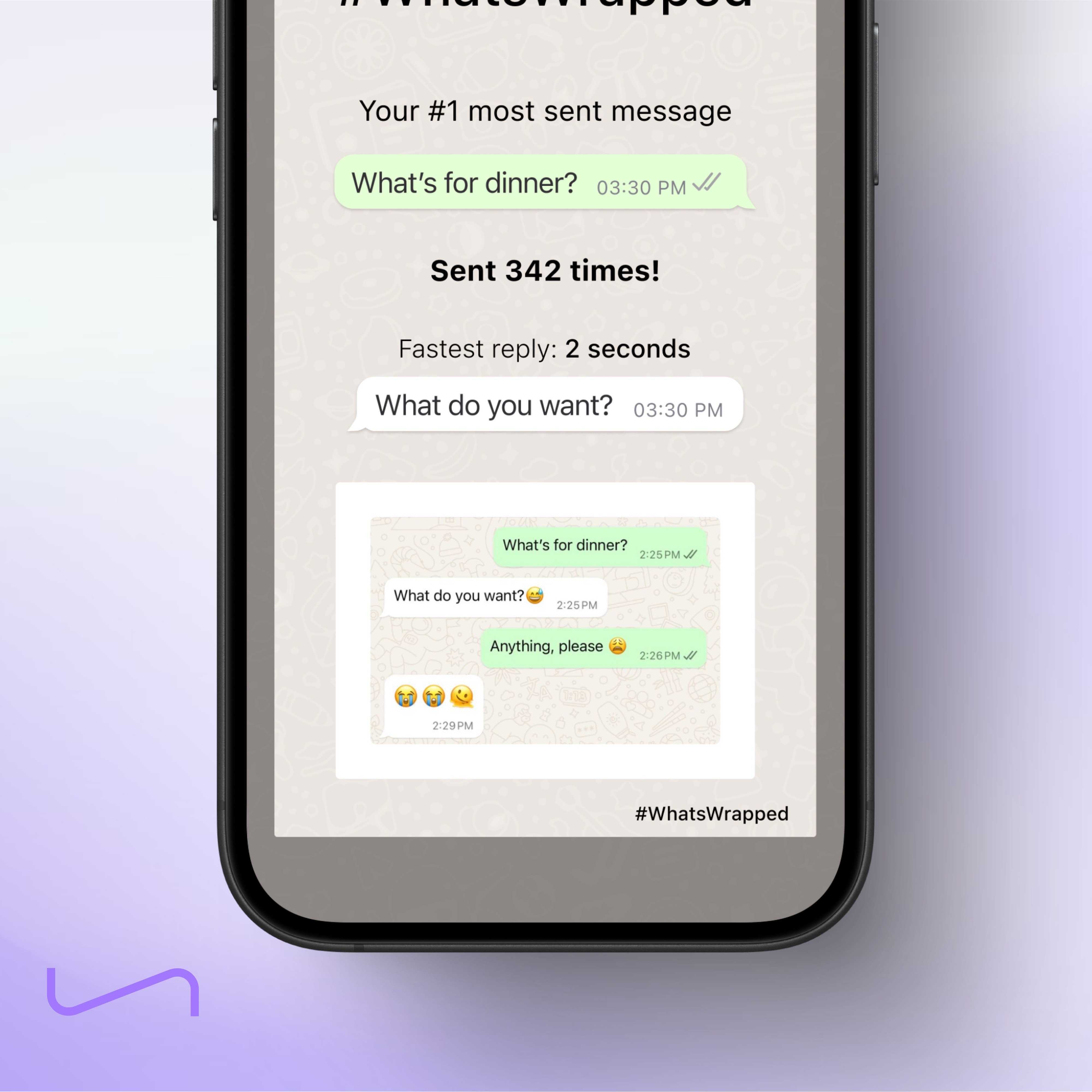How To Save Your Self From Your Hangry Self
It’s late. You’ve stayed longer at work than you planned. By the time you finally kick off your shoes and collapse on the couch, the last thing you want to do is chop, stir, or sauté anything. So, you grab your phone and open your favorite food delivery app.
And there they are—those dangerously tempting options. The double cheeseburger with extra fries. The creamy carbonara that seems to call your name. You hesitate... but not really. You're tired. You're hungry. Click. Order. Regret (maybe).
But what if things played out differently? What if your food delivery app had your back before you got to this moment? What if, instead of acting on impulse when you're exhausted and hangry, you already had a plan in place?
A quiet agreement with your past self—the one who made thoughtful choices when your head was clear and your willpower was stronger. This is what could happen when food delivery apps add a Pre-Commitment feature.
It’s helps you balance health and indulgence on your terms. You decide ahead of time what your healthy-to-indulgent meal ratio looks like. Maybe it’s 4:1. Maybe it’s 3:2.
The app tracks your orders in the background and gives you a friendly nudge when you’ve hit your indulgence quota for the week. It’s not about saying ‘no’ to indulging entirely, but more about finding a balance that works for you. Even when you’re tired and hungry and just want your dinner to be delivered at your doorstep.
The Behavioral Science Behind It
This redesign uses Pre-Commitment, a strategy where people make decisions in advance to help steer future behavior—especially during moments when self-control is low (like being hangry). If you set up guardrails (or indulgence ratios) while your motivation is high, it becomes easier to stick to your health intentions later.
A Nuanced Take
Pre-commitment works best when it’s flexible. People need to feel in control of the rules they set—otherwise, it can trigger pushback. The key is offering choice and adaptability: users decide their own balance between healthy and indulgent meals, and they can adjust it anytime.
When people feel their freedom is being squeezed (hello, psychological reactance!), they tend to rebel. That’s why the goal isn’t control, but partnership. Gentle nudges over rigid rules. Encouragement over enforcement. When users feel ownership over their plan, they’re far more likely to stick with it—because it’s theirs.










